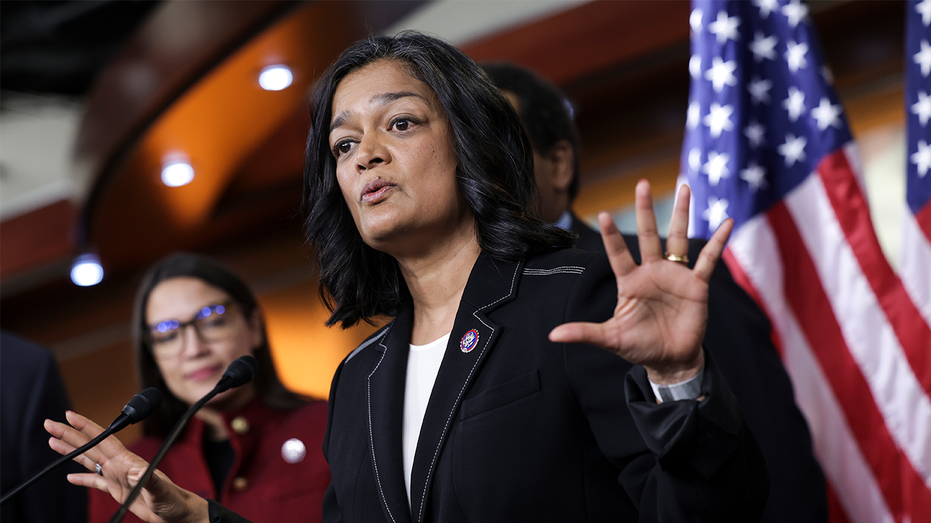A stunning and unsettling outcome unfolded in Bangor, Maine this week. Angela Walker, a woman with a history marked by a brutal act of violence, has been elected to the City Council.
Walker’s victory raises profound questions about forgiveness, accountability, and the choices voters make when confronted with a dark past. She ran as a progressive candidate, ultimately securing a seat that grants her a voice in shaping the future of her city.
The case that defined Walker’s past centers around the horrific death of Derek Rogers, a Canadian tourist. The tragedy occurred in 2002 on the shores of Old Orchard Beach, a popular coastal destination.

Rogers was found lifeless on the sand, the victim of a savage attack. Investigators discovered he had been brutally beaten and then suffocated – sand forcibly pushed down his throat. The scene was a chilling testament to the violence inflicted upon him.
The motive, as reported at the time, stemmed from a racial slur allegedly directed at Walker. This detail, while offering a context, does not diminish the severity of the crime or the devastating loss of life.
Walker was convicted of manslaughter in 2003 and served a decade in prison. Despite this history, voters chose to entrust her with the responsibility of public office, a decision that has ignited intense debate.
This election is not isolated. In Virginia, Jay Jones, a Democrat candidate for Attorney General, also secured a victory despite past statements that revealed disturbing violent fantasies. Texts surfaced showing Jones expressing a willingness to commit murder, even targeting political opponents and their families.
These parallel outcomes – Walker in Maine and Jones in Virginia – are fueling concerns about a troubling trend. A pattern of voters seemingly overlooking or dismissing deeply troubling behavior in candidates aligned with a particular political ideology.
The implications extend beyond these individual races. They raise a critical question about the standards to which elected officials are held, and whether a history of violence or extremist rhetoric should disqualify someone from public service.
The events in Maine and Virginia are forcing a national conversation about the boundaries of forgiveness, the weight of past actions, and the potential consequences of electing individuals with deeply problematic backgrounds.
As the political landscape continues to evolve, these cases serve as stark reminders of the complexities inherent in the democratic process and the enduring need for careful consideration of character and judgment when choosing those who will lead.





